Credit Card Debt
Debt Management and Relief Strategies
Educational Resources / Credit Card Debt
The Best Ways to Pay off Your Debt
Debt Management and Relief Strategies encompass a range of techniques and plans designed to help individuals effectively handle and reduce their debt.
Key aspects of debt management include creating a budget to track and control spending, prioritizing debts (often paying off high-interest debts first), and negotiating with creditors for lower interest rates or modified payment plans. Debt consolidation, where multiple debts are combined into a single payment with a lower interest rate, is a common relief strategy.
These strategies also focus on building healthy financial habits, like regular saving and prudent spending, to prevent future debt accumulation. read more
Credit Card
Tips
What Credit Card Should You Use?
Effective credit card utilization involves timely bill payments, maintaining a low credit utilization ratio (below 30%), and using cards for planned purchases to avoid debt.
Regularly monitoring credit card statements helps in tracking spending and identifying any fraudulent charges. Additionally, choosing credit cards with beneficial rewards programs and understanding the terms and fees associated with each card can maximize benefits while minimizing costs.
Proper credit card utilization involves balancing the convenience and rewards of credit cards with responsible spending and payment habits.
read more
Credit Card
Usage Strategy
The Best Way to Use Credit Cards
Financial Strategy and Decision Making encompasses the comprehensive process of planning, executing, and monitoring financial actions to achieve personal or organizational financial goals.
It involves setting clear financial objectives, assessing current financial health, and developing a structured plan to manage income, expenses, savings, and investments. Key components include budgeting effectively, making informed investment choices, and managing risks.
Effective financial strategy and decision making are crucial for ensuring financial stability, growth, and the ability to navigate through various financial challenges and opportunities. read more
Credit Card Statements and Insights
Ways to Payoff Your Credit Cards
Credit Card Statements and Credit Score Insights focus on how credit card usage affects credit scores. Monthly statements detail key factors like payment history and credit utilization, which are crucial for credit score calculations.
Regular review of these statements helps manage spending and maintain low balances, positively impacting credit scores. Timely payments boost scores, while late payments can cause a decrease. Understanding this relationship is vital for good credit health. read more
Credit Card Debt Forgiveness
Debt Consolidation Loans with Bad Credit
Credit Counseling and Debt Forgiveness offer solutions for financial challenges. Credit counseling provides professional guidance on budgeting, debt management, and credit improvement, often involving negotiations with creditors.
Debt forgiveness involves a creditor agreeing to cancel a portion or all of a borrower's debt, which can be achieved through settlement or specific forgiveness programs, especially for student loans. While offering relief, debt forgiveness may affect credit scores and have tax implications. Both methods aim to help individuals achieve financial stability and reduce debt burdens. read more
More Credit Card Debt Tips

Frequently Asked Questions
*Disclaimer: Pacific Debt Relief explicitly states that it is not a credit repair organization, and its program does not aim to improve individuals' credit scores. The information provided here is intended solely for educational purposes, aiding consumers in making informed decisions regarding credit and debt matters. The content does not constitute legal or financial advice. Pacific Debt Relief strongly advises individuals to seek the counsel of qualified professionals before undertaking any legal or financial actions.
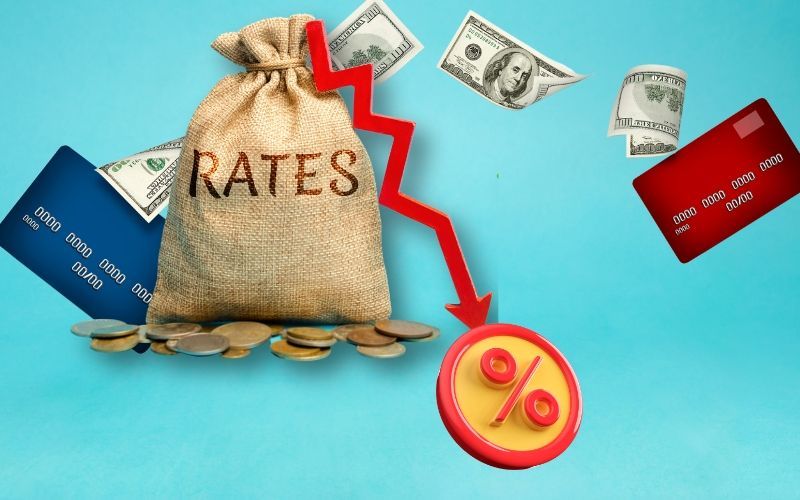

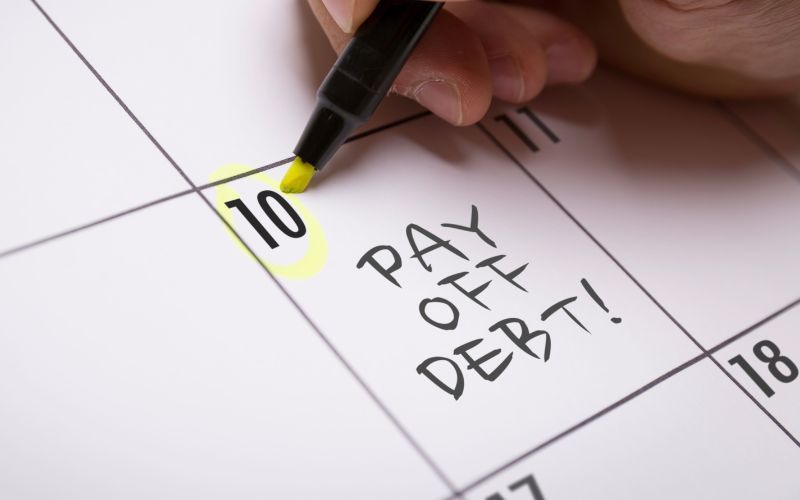



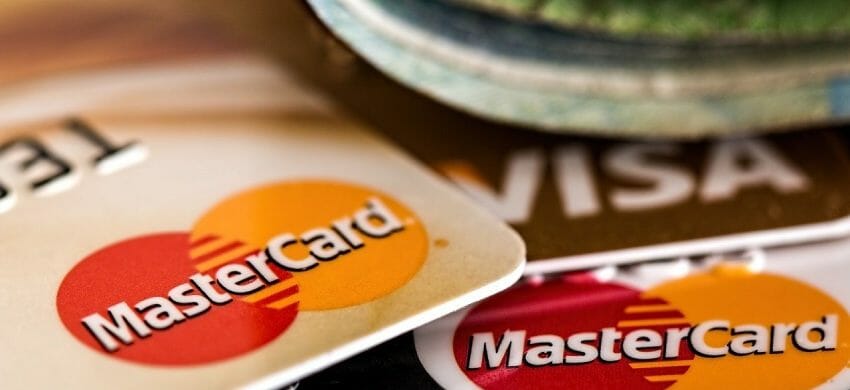





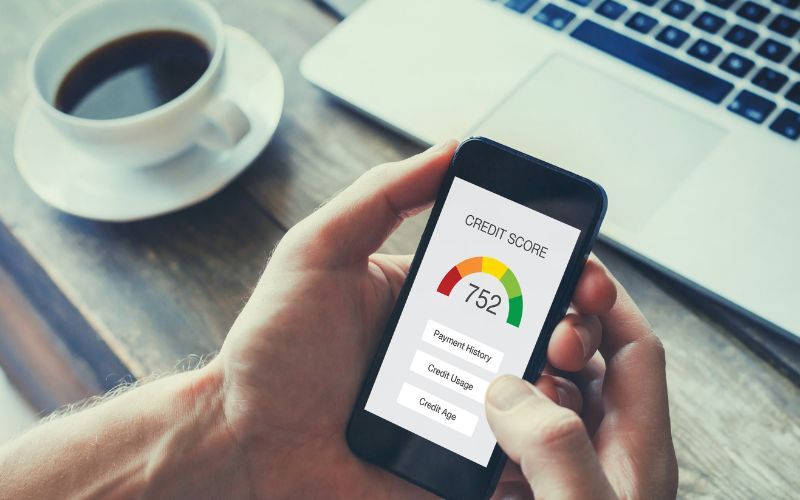


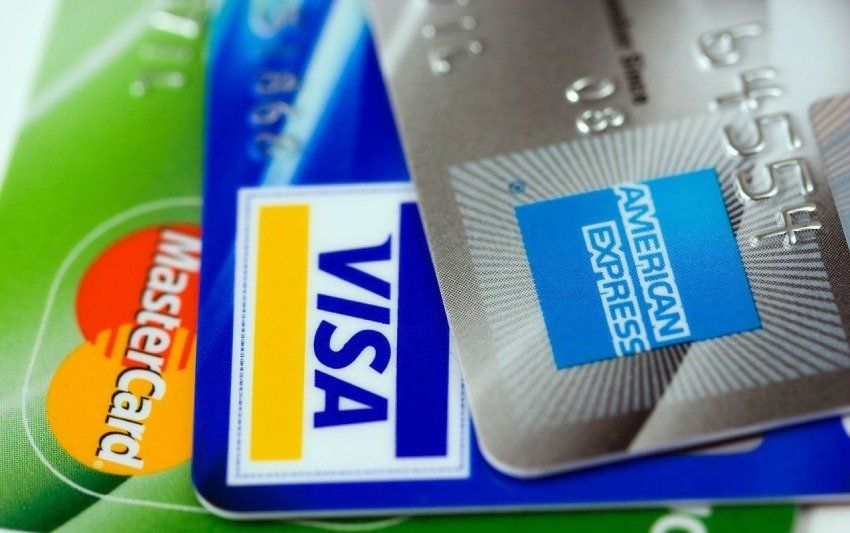


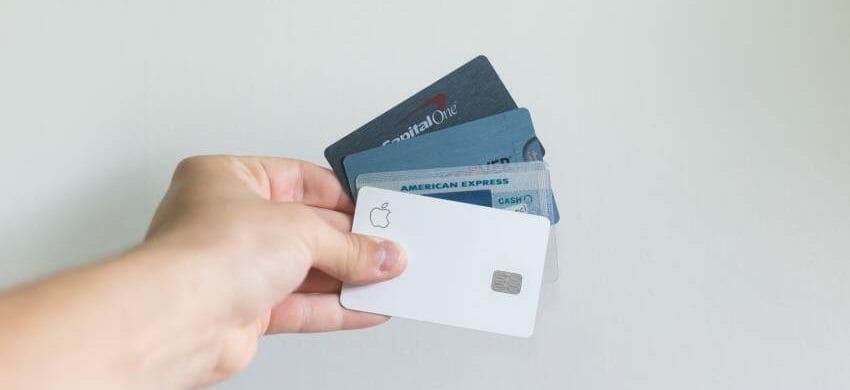
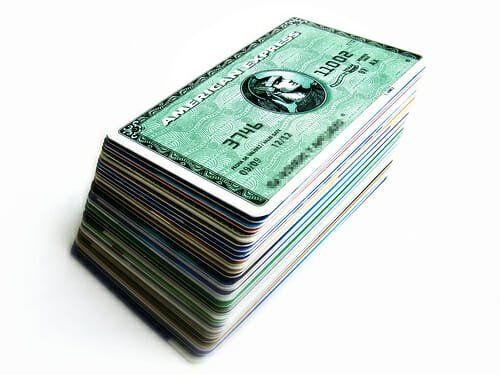
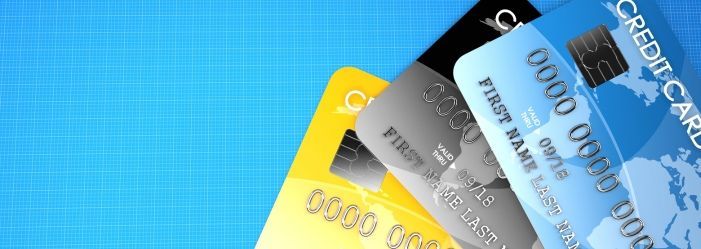


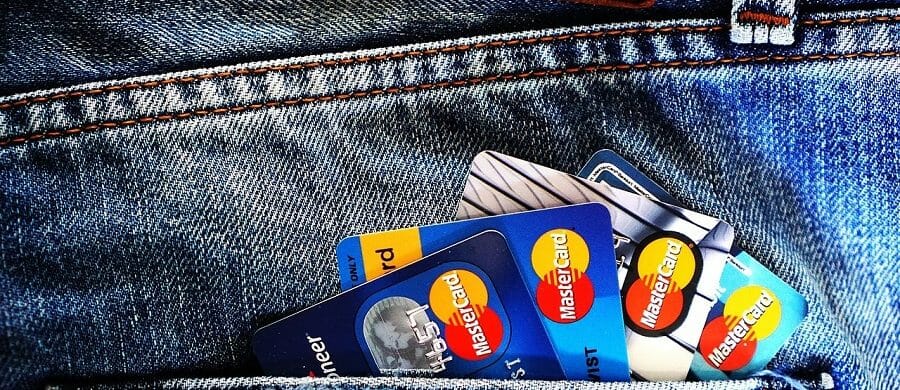
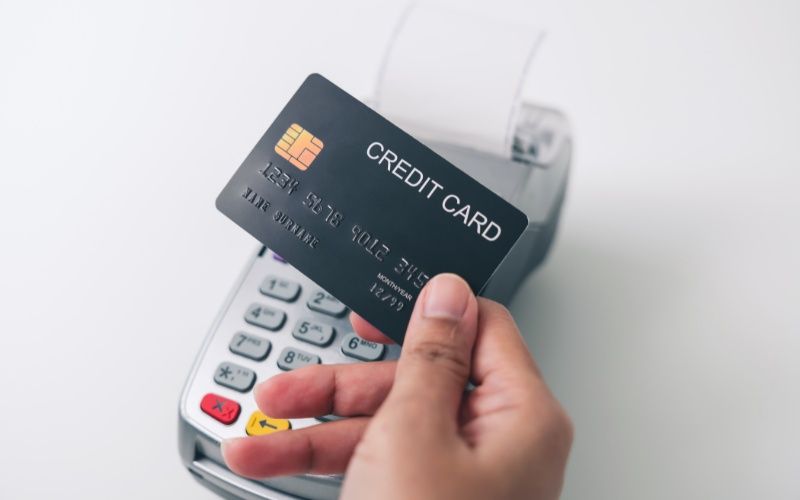



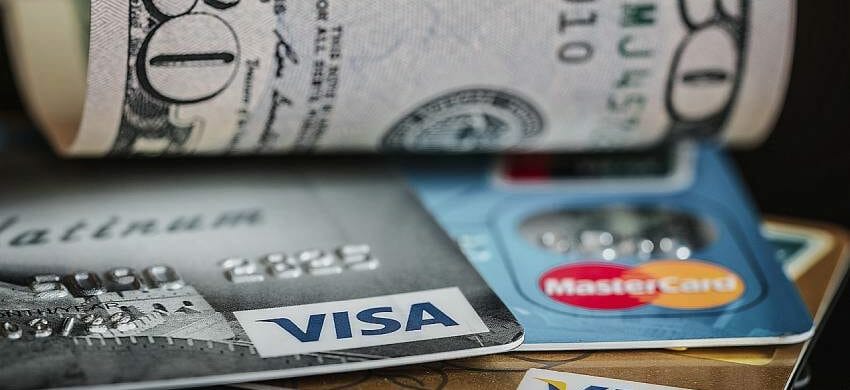




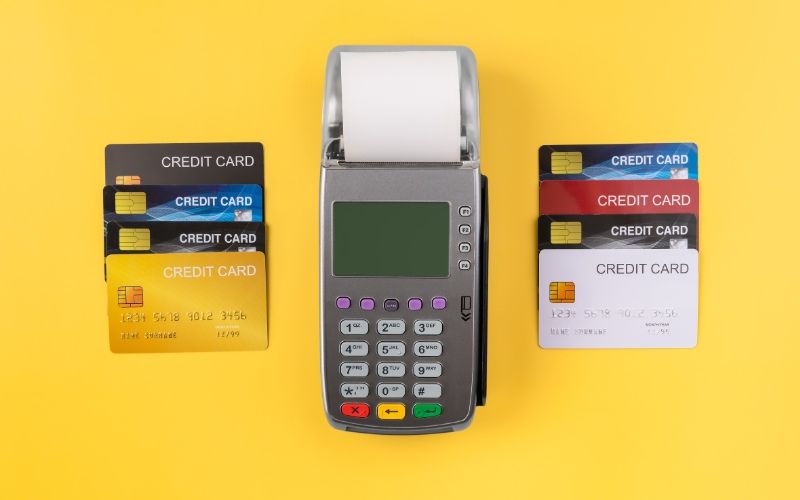



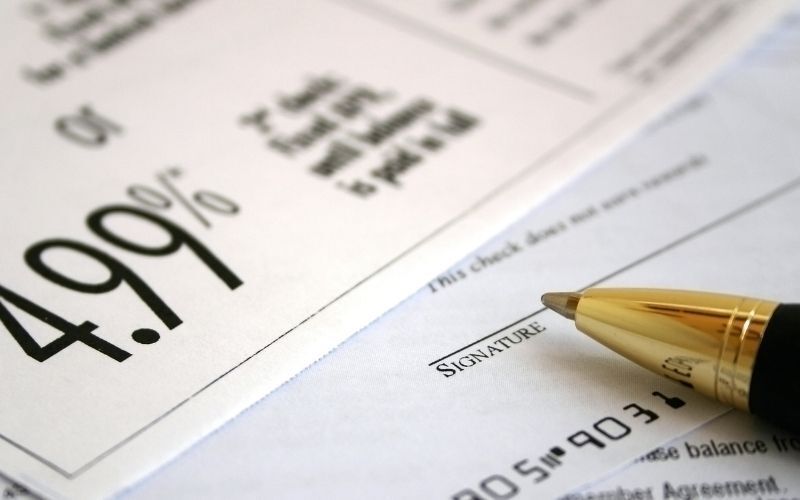
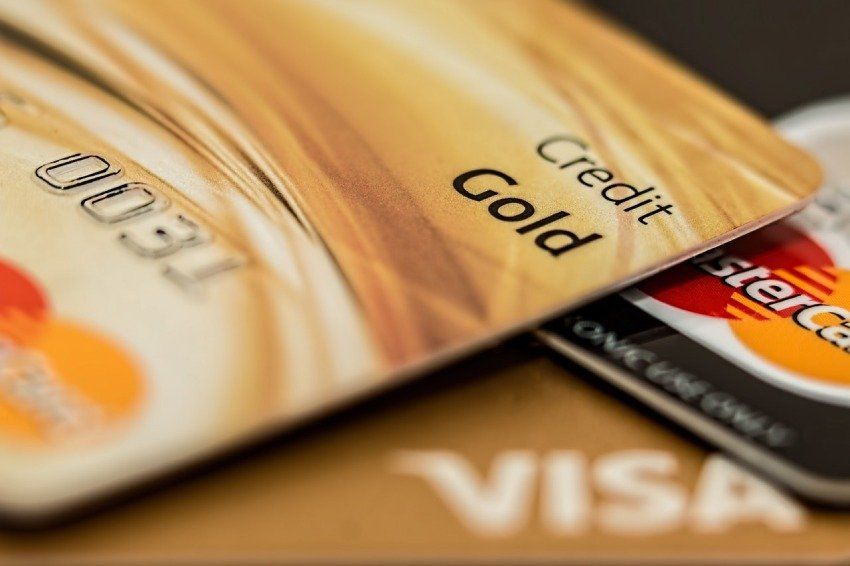



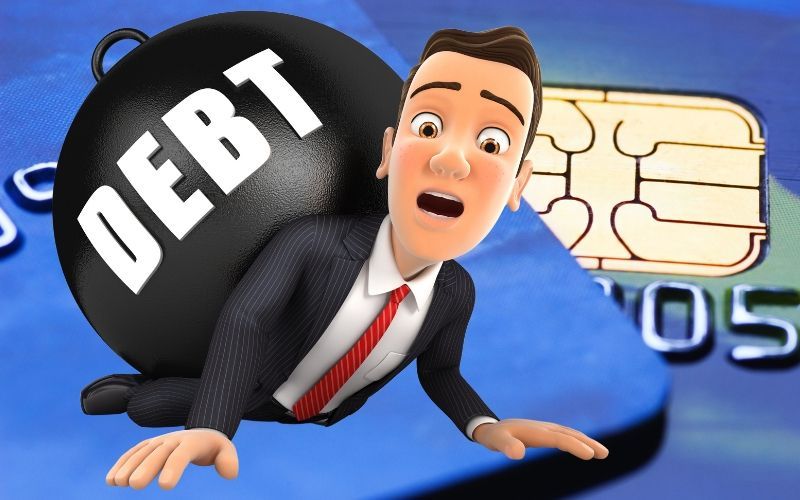
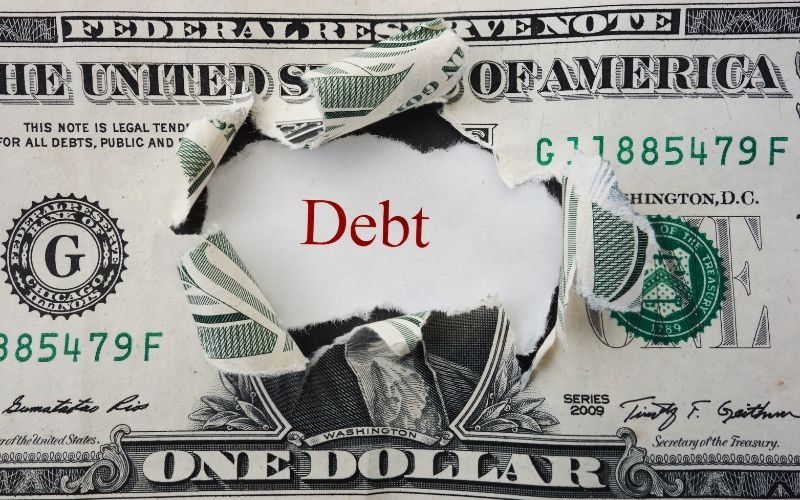
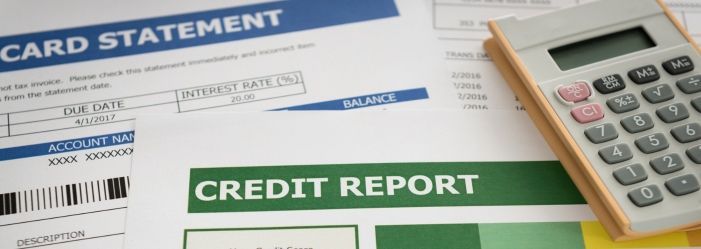
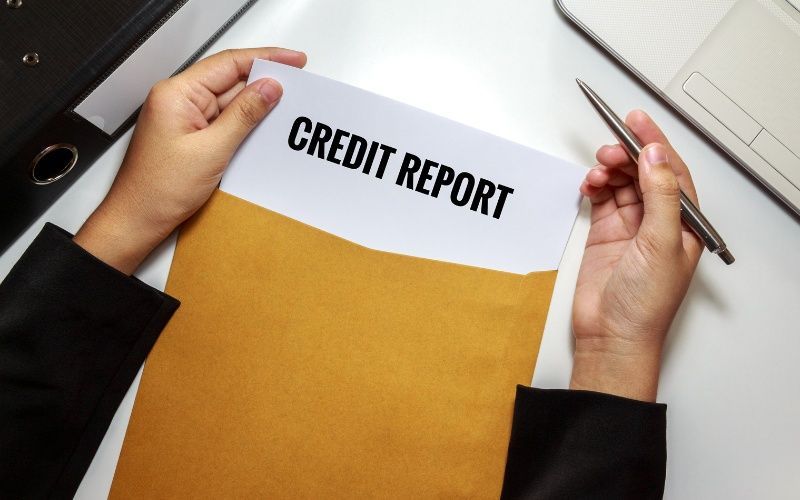
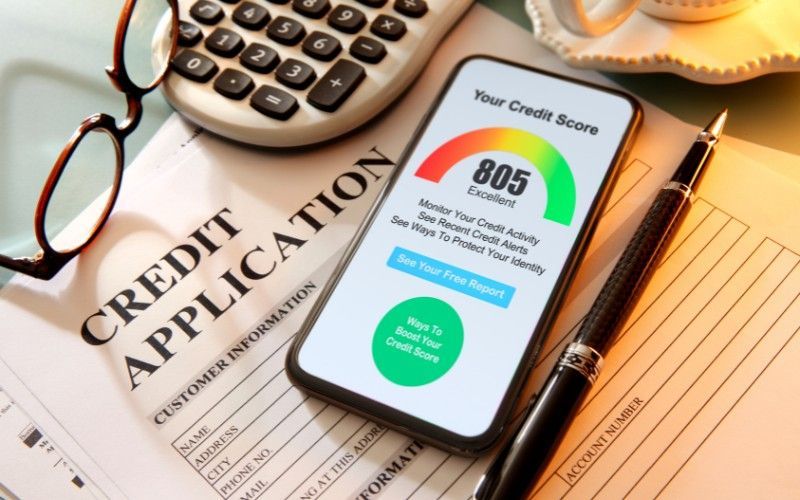
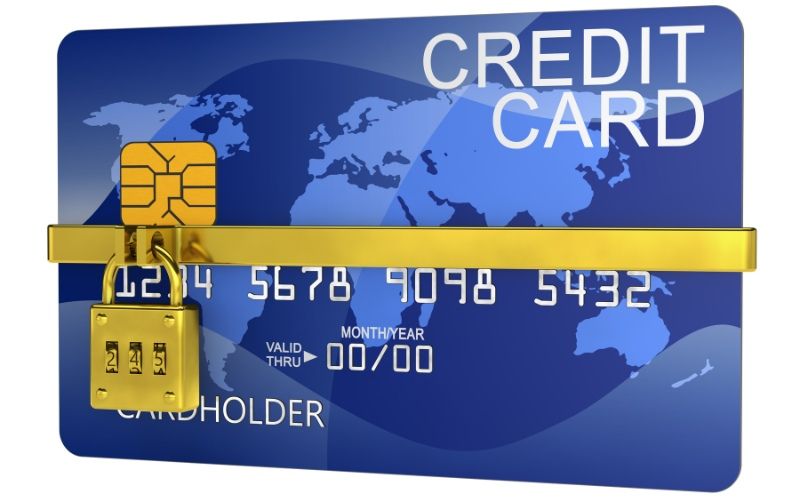
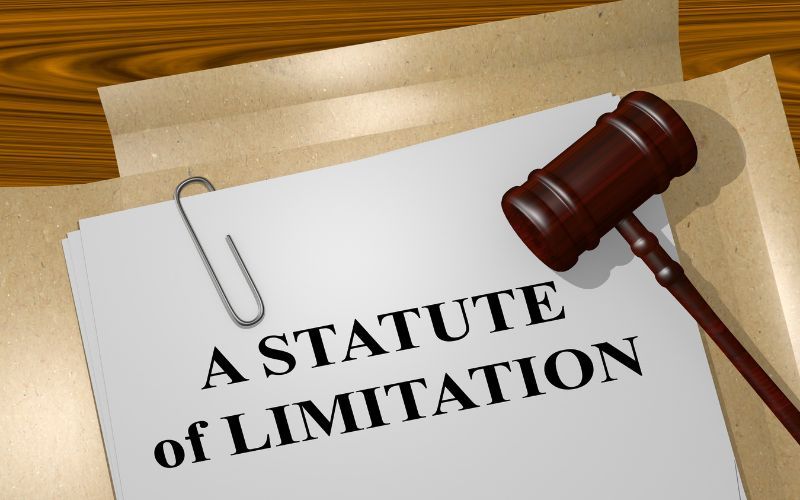
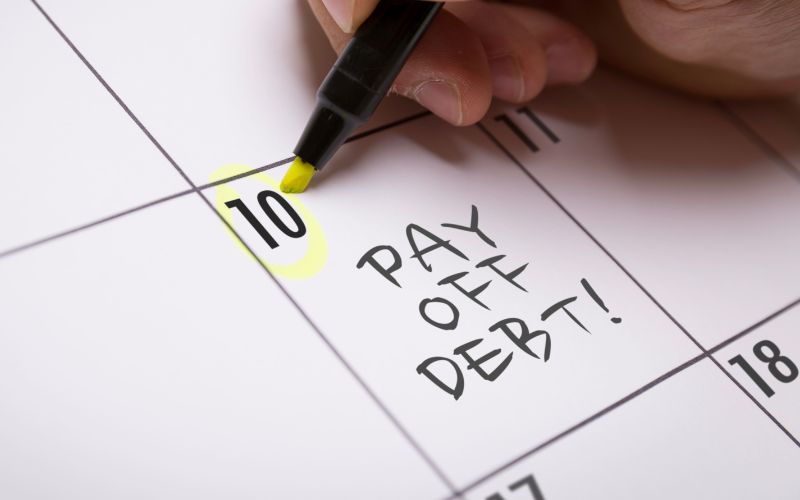




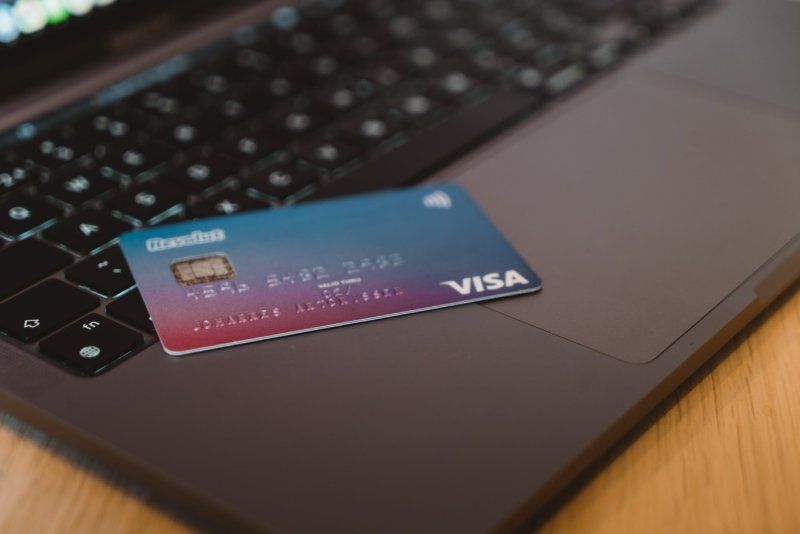




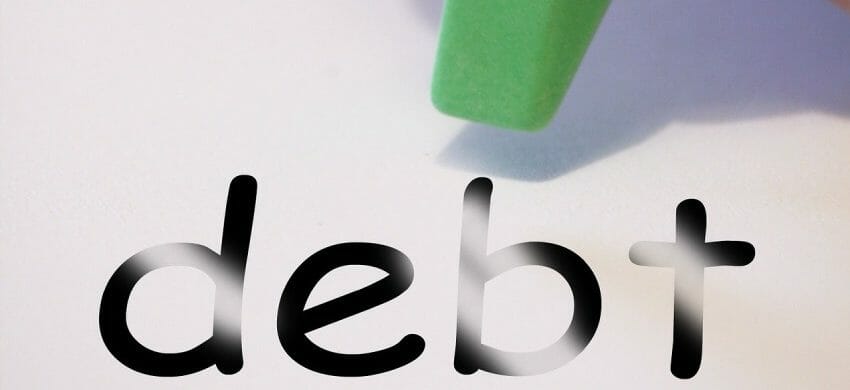




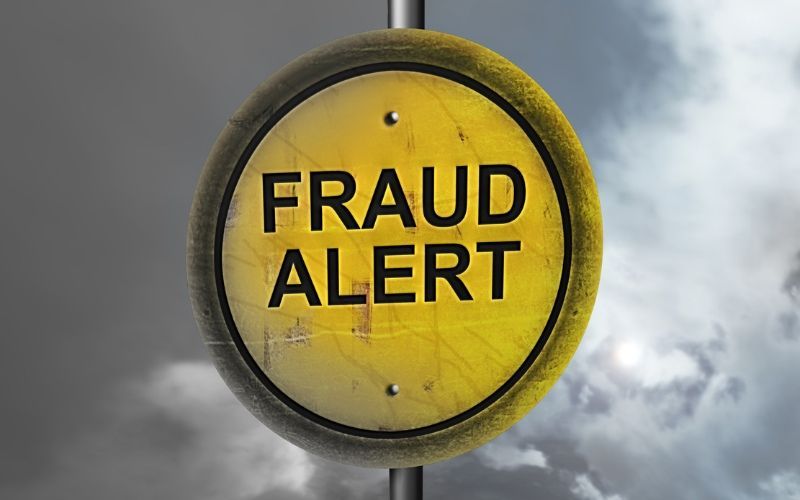

 Do Not Sell My Personal Information
Do Not Sell My Personal Information